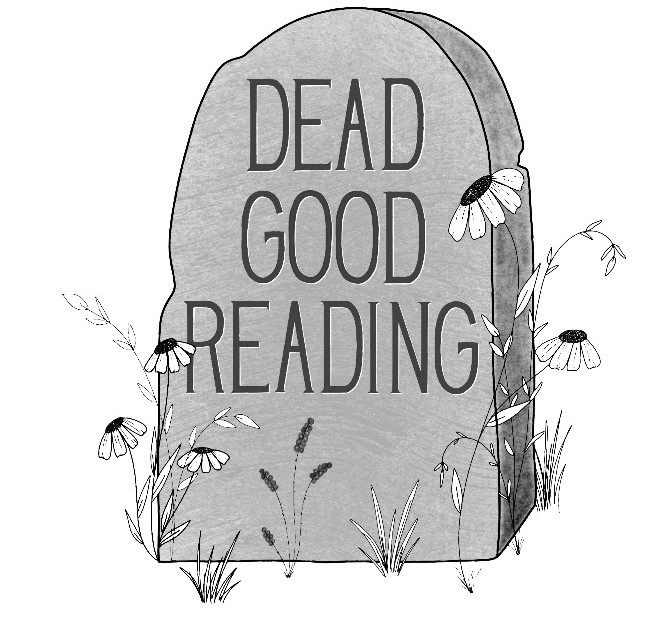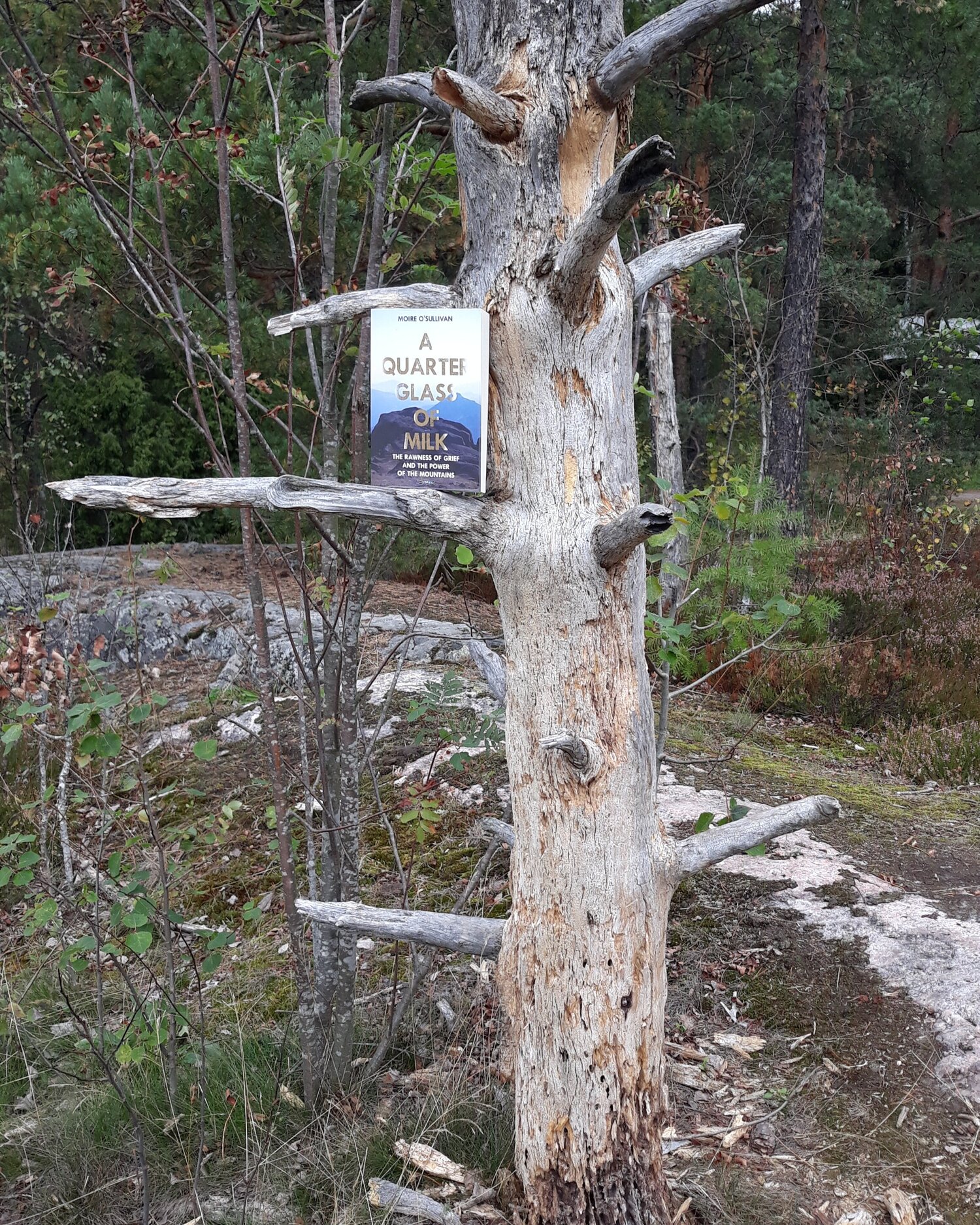September marks suicide prevention and awareness month, and September 10 (today) is World Suicide Prevention day. Globally, more than 700.000 people die by suicide each year, which is roughly one person every 40 seconds. In upcoming blogs this month I will focus on books that revolve around the topic of suicide. The first being A Quarter Glass of Milk. The Rawness of Grief and the Power of the Mountains by Moire O’Sullivan.

Since starting this blog I have been overwhelmed with the amount of memoirs that people are writing about their losses. I can see the therapeutic quality in writing about grieving journeys. Equally, reading about people’s experiences can support others with similar experiences. These accounts show that whilst the experience of loss might be particular to individuals, there are shared commonalities. O’Sullivan’s account adds to the literature on suicide, as she talks about the loss of her husband Pete, who took his own life whilst struggling with depression. Shortly after Christmas, O’Sullivan found herself suddenly to be bereaved, widowed and the single parent of two young boys aged 3 and 5.
Set in Ireland, the book shows the power of the outdoors in trying to make sense of a loss. Like Long Litt Woon, who found comfort in the world of mushrooms, O’Sullivan takes to nature after the sudden death of her husband. While both authors lost their husbands to ‘sudden death’, O’Sullivan shows that death by suicide comes with a more complicated range of emotions, compared to a cardiac arrest, including anger, loneliness and guilt.
Much of O’Sullivan’s narrative focuses on language and the emotional response of others. Language related to suicide is particularly tricky as ‘committing suicide’ refers back to the time when suicide was considered a criminal act. Instead phrases such as ‘took their own life’ or ‘death by suicide’ are more accepted. Getting the lingo right then also leads to further questions: How do you tell your children their father took their own life? How do you disclose this to strangers? O’Sullivan blurted it out to the Tesco delivery man once, making it painfully clear that disclosure needs careful consideration. It is poignant that someone who is trying to cope with a traumatic loss whilst single parenting two children also needs to put so much emotional labour into the response of others to their loss.
This book is also a call to be more open about death and bereavement, as the death of her husband revealed how little you know about what goes on in other people’s lives. Yet with her husband’s death she joined the club of bereaved and people suddenly opened up about their losses:
“I had known my mountain-running friend and fellow Wicklow Round completer, Eoin, for many years. I had run with him, biked with him, had pints with him, but never knew, until I bumped into him that day at the film screening that he lived in the shadow of his father’s death. Now Fiona revealed to me why she could emphatise so well; because her own brother Brian had taken his own life at the age of twenty-eight.”
— A quarter glass of milk. Page:23
O’Sullivan has been a successful mountain runner for a long time and her husband’s illness had kickstarted turning this into a career. Prior to her husband’s death, O’Sullivan started to train as a Mountain Leader, someone who is good at navigating mountains, keeping others safe on mountains and doing mountainy stuff. A Quarter Glass of Milk provides readers with the right lingo but, being from the Netherlands, I am part of the people O’Sullivan feels sorry for, as I am very unfamiliar with curved terrain:
“Now that I lived right beside the Mournes, I was very aware of how exceptionally lucky I was. I felt nothing but the deepest gratitude. In doing so, I also felt duty bound to make the most of them when others weren’t as fortunate, for all those poor people stuck in Cambodia and Holland and Denmark and other similar flat-lands”
— A Quarter glass of Milk. Page:172
A Quarter Glass of Milk is a powerful account of the complex and messy journey of experiencing a death by suicide. O’Sullivan’s writing is very inviting, and I finished this book in one sitting. It even makes reading maps and navigating wilderness a doable task. Where it not for the absence of mountains in my vicinity (although it must be said that Finland is significantly more hilly than the Netherlands) I would definitely give mountaineering a go.
For more information on suicide and media guidelines in Ireland visit this website.


Leave a Reply